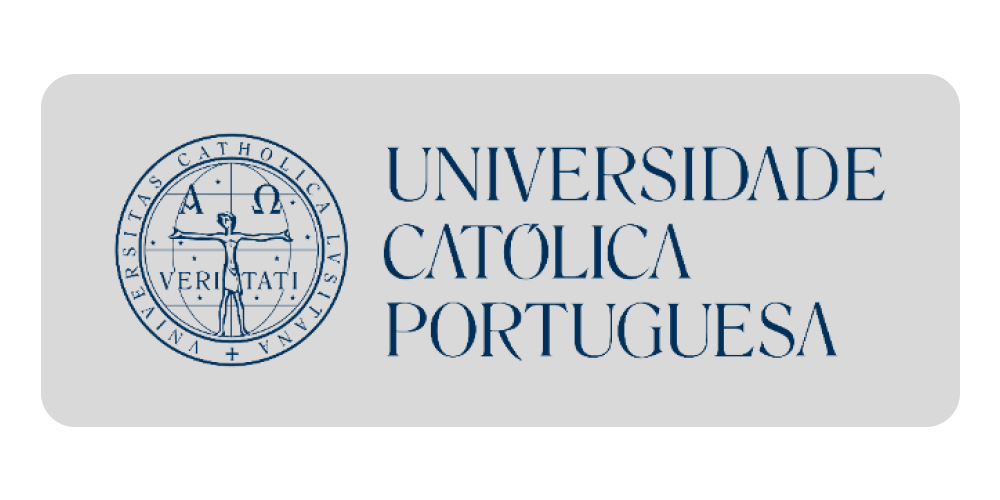Banja Luka : University of Banja Luka, Faculty of Agriculture
Biorational CO2 fumigaton of oil-seed rape: insecticidal potential and effect on seed quality
2021
Fumigation with carbon dioxide (CO2) is very effective biorational alternative to
toxic chemical fumigants. It is widely used for a variety of commodities, and the
efficacy against insect pests is well documented. However, the information on its
effect on the quality of seeds, oilseeds in particular, is scarce. This information is
important because oilseeds are more difficult to store and preserve, compared to
cereal grains or legumes, and are more susceptible to quality deterioration due to
high content of oil and fatty acids. This work aimed to assess the efficacy of CO2
fumigation of oilseed-rape in controlling Plodia interpunctella, in relation to seed
vitality and quality. CO2 was applied to oil-seed rape artificially infested with P.
interpunctella larvae, at different levels (62, 92 and 96%) in gas-tight bags. The
mortality of larvae was observed after four different exposure periods (1, 2 and 24 h,
and 7 days) which represented different subtreatments. After seven days, seed
vitality (germination energy and germination) and seed quality (content and
composition of oil and fatty acids) were assessed. The lowest concentration (62%)
was effective in suppression of P. interpunctella larvae only after 7 days of exposure,
when the total mortality was recorded (100%). Two highest CO2 concentrations
caused relatively high mortality two hours after the exposure (78, 83%, respectively),
although 22% of larvae recovered rapidly after the bags were opened
Banja Luka : University of Banja Luka, Faculty of Agriculture
Biorational CO2 fumigaton of oil-seed rape: insecticidal potential and effect on seed quality
Fumigation with carbon dioxide (CO2) is very effective biorational alternative to
toxic chemical fumigants. It is widely used for a variety of commodities, and the
efficacy against insect pests is well documented. However, the information on its
effect on the quality of seeds, oilseeds in particular, is scarce. This information is
important because oilseeds are more difficult to store and preserve, compared to
cereal grains or legumes, and are more susceptible to quality deterioration due to
high...
Download
2021
 Cvejić, Sandra
,
Prvulović, Dejan
,
Gvozdenac, Sonja
,
Marjanović-Jeromela, Ana
,
Ovuka, Jelena
,
Zeremski, Tijana
,
Stojanov, Nadežda
Cvejić, Sandra
,
Prvulović, Dejan
,
Gvozdenac, Sonja
,
Marjanović-Jeromela, Ana
,
Ovuka, Jelena
,
Zeremski, Tijana
,
Stojanov, Nadežda






